Technology surrounds us- not just in the obvious ways like phones and computers, but how we get to school everyday, how we cook our meals, or add some light to our bedrooms.
But when people talk about technology, it’s mainly focused around phones. Since 2022, the idea of AFS becoming a phone-free campus has sparked ongoing debates. Many teachers have encouraged it, claiming it would be beneficial for students. But why?
As of last year, some classrooms introduced phone holders, and this year it’s mandatory for students to place their phones in them at the start of class. Becoming a technology free campus then becomes useless. If the main concern associated with phones- distraction during class- had now disappeared, why take them for an entire school day?
Teachers will argue that students need to be more present and social. They will dial in on the students they see on their phones playing video games sitting side by side but not talking to each other. But what they don’t realize is- that is their way of connecting.
After long, stressful classes, when students are feeling tired, overwhelmed, or emotionally drained, sometimes spending time doing what they love with their friends is exactly what they need to decompress. Assuming there is only one right way to socialize overlooks how connection has evolved over time and become our own.
We do have one tech-free day each year: CommUNITY Day. On this day we participate in activities that engage us.
Last year, a few other students and I felt inspired by this experience, and we took it upon ourselves to go without our phones during the school day for a few weeks. It actually felt great- listening more deeply to my friends, and relying on an actual clock or watch instead of my lock screen. The reason it felt so good, however, was because it was our choice.
Mandating a phone-free campus to fix a problem that isn’t felt all over the school by all the students can lead to resentment or dishonesty. Instead of building community, as AFS values, it risks breaking trust between students and teachers.
If the goal is togetherness, shouldn’t we trust students to decide how they connect? The real question is, can a school truly develop a community if it doesn’t allow students the freedom to define what connecting is for them?

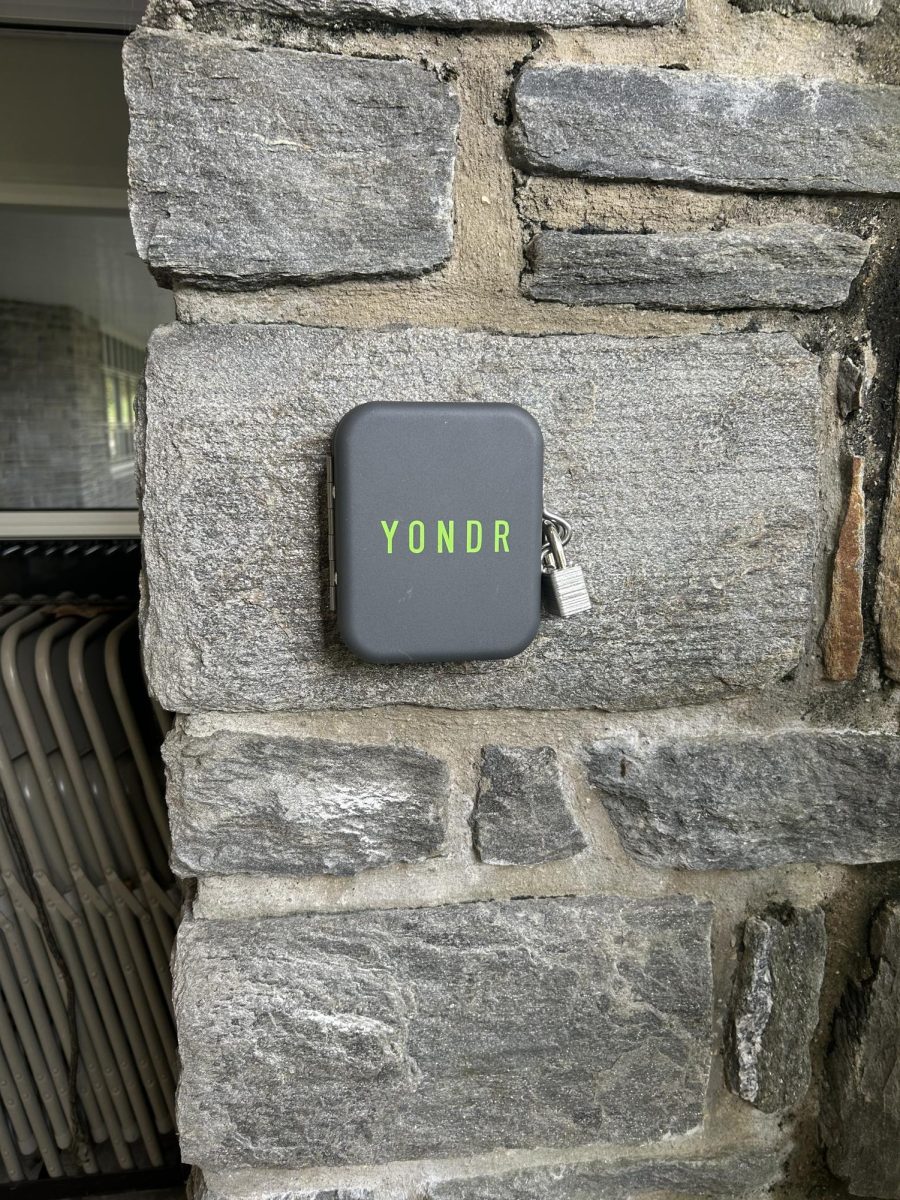




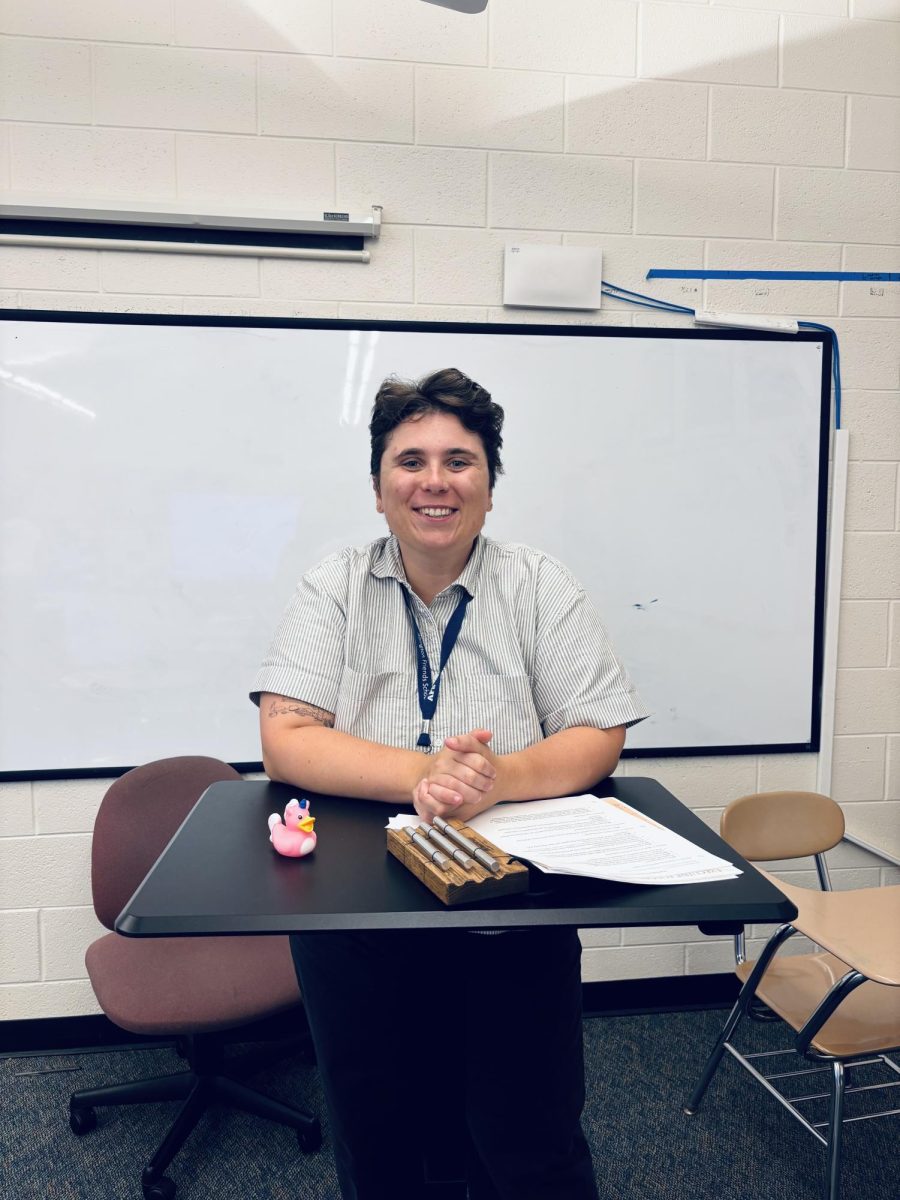
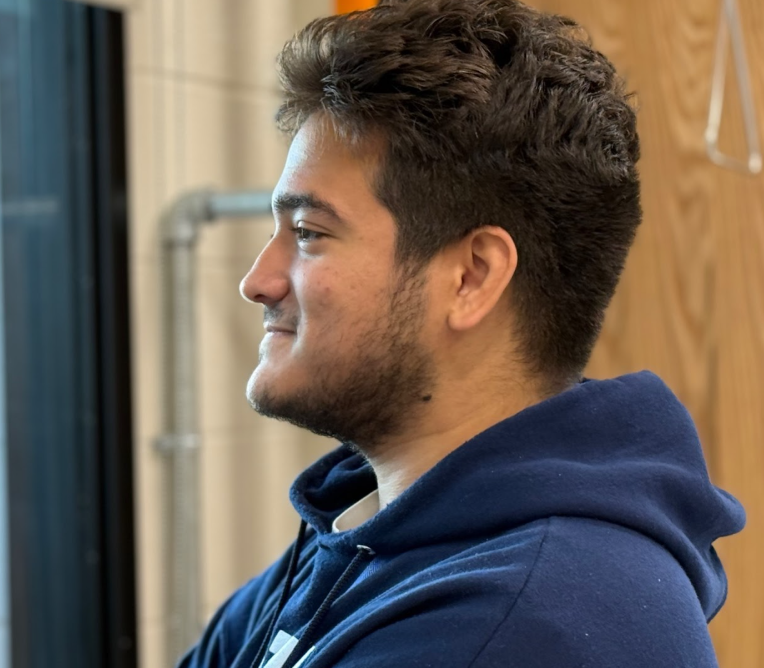









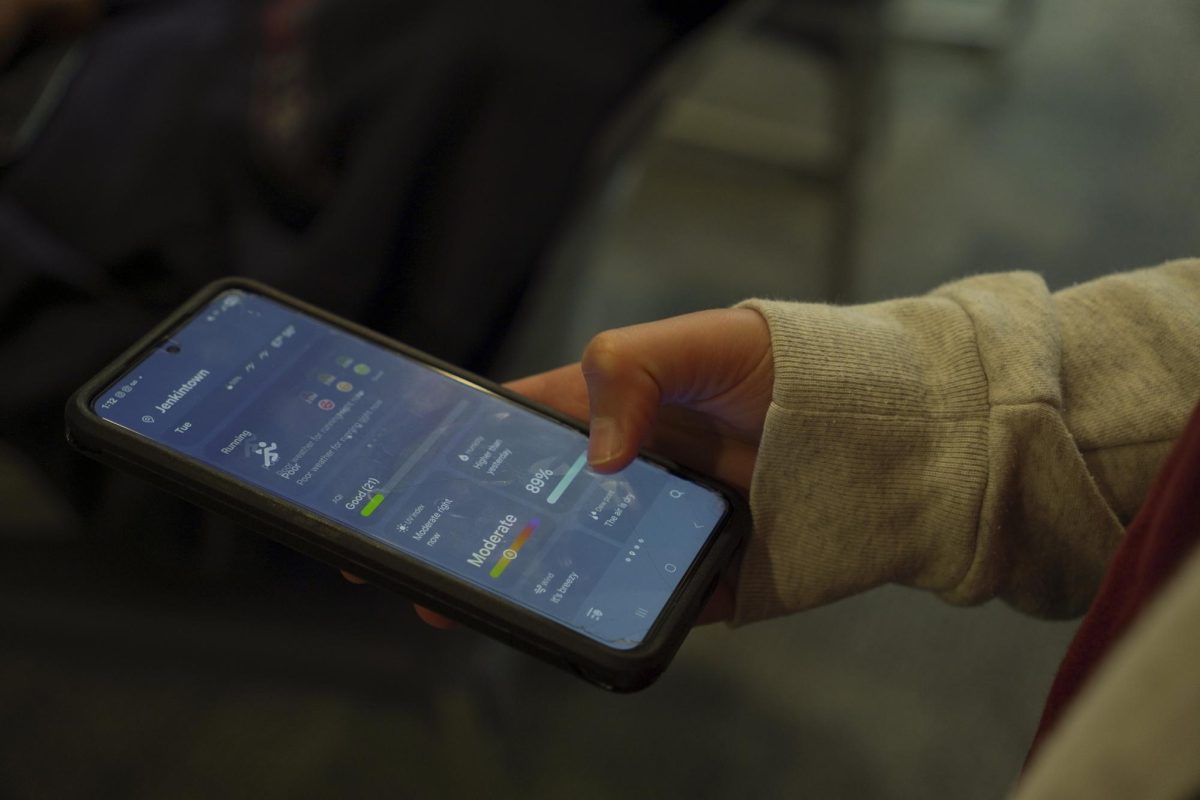
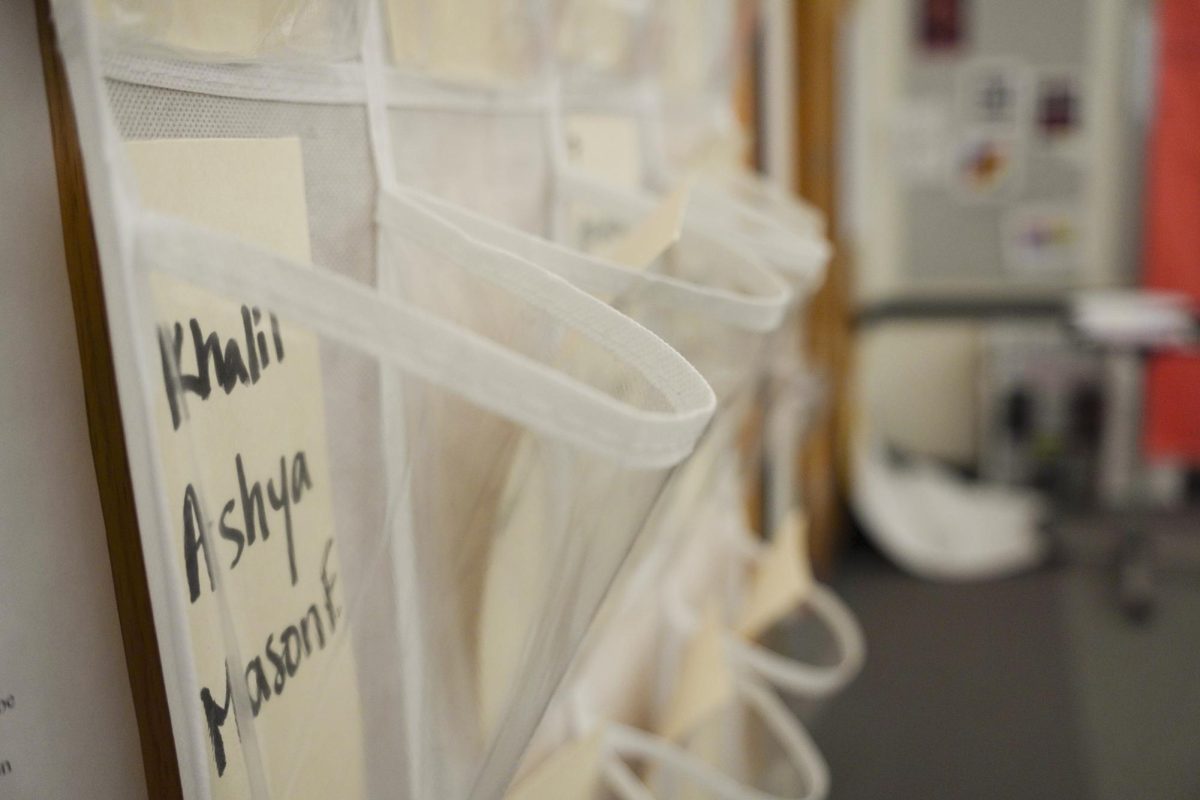




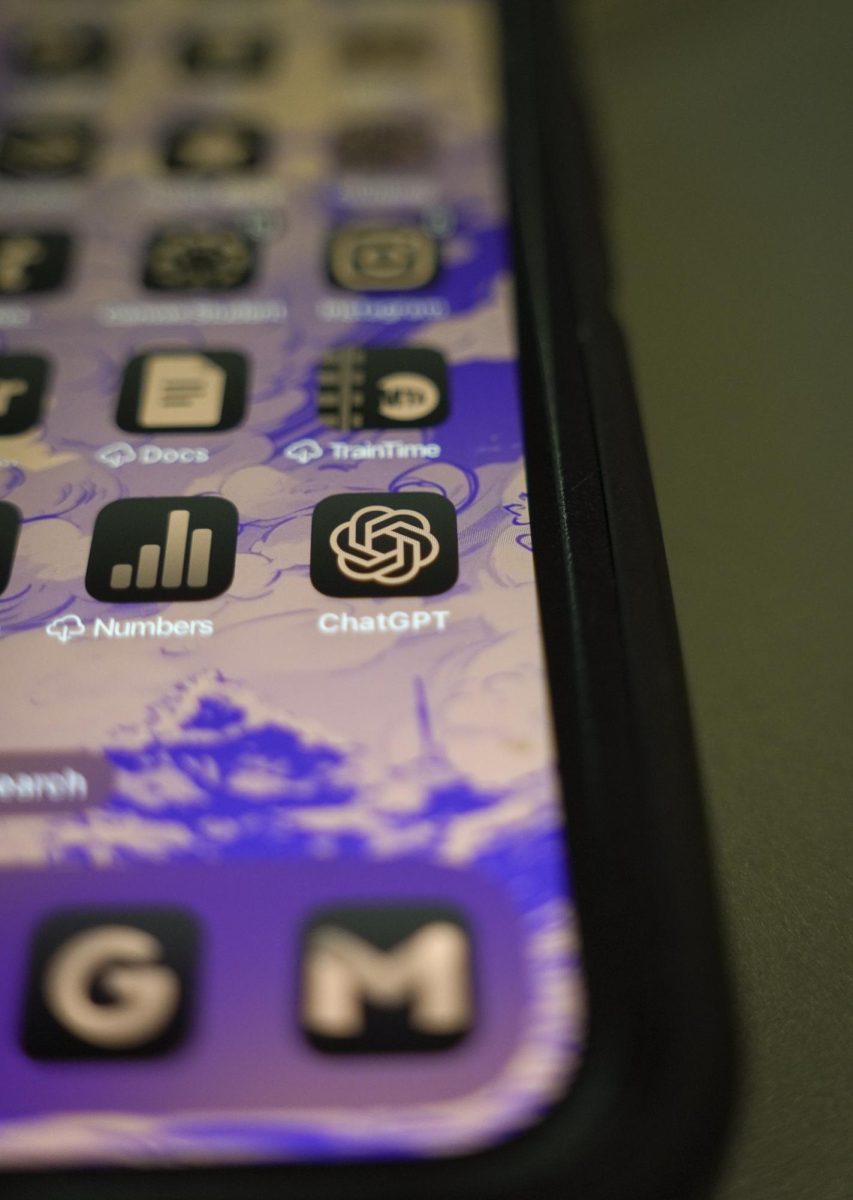

Leila • May 30, 2025 at 11:39 pm
I agree with the opinions shared in this article greatly. I myself use my phone to wind down when I just need to be calm. And I know others who, as you have said, use their phone to connect. Taking away their way of connecting is like diminishing their personal lives, making them feel unheard and misunderstood at AFS. At this school, especially, it is in our core principles to thrive together as a community, and I do not know how we could possibly thrive as a community if students are feeling unheard, even after many students sharing their opinions on this topic through surveys, articles, and comments.